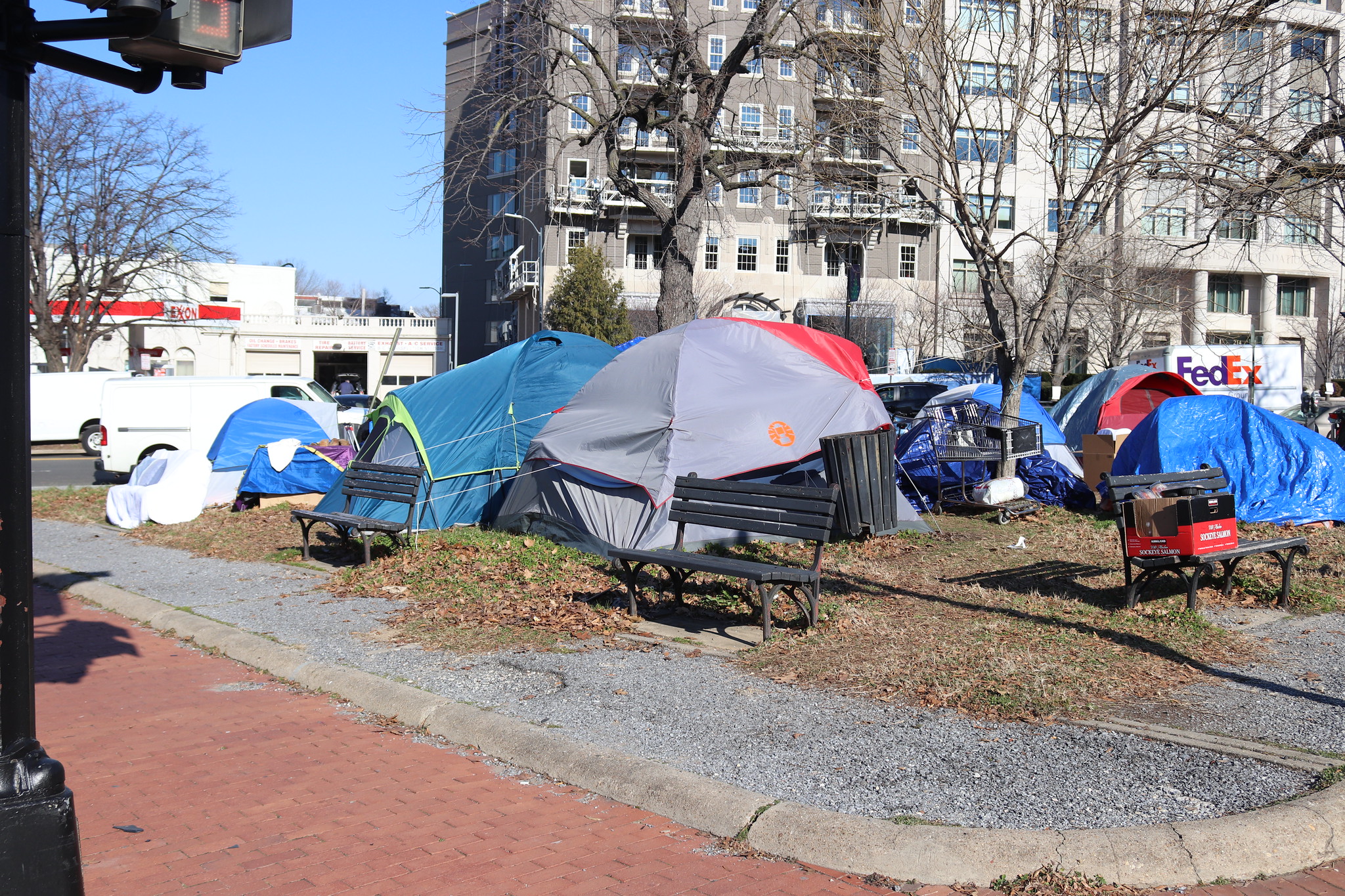Fed: Banks Strong, One in Crisis.
PacWest Stock Plummets Amid Financial Sector Worries
First Republic Bank Collapse Sparks Panic
Investors are in a state of panic as PacWest stock plummeted this week, following the collapse of First Republic Bank. The Beverly Hills-based bank saw its shares decline by more than 45% between Wednesday’s market close and early morning trading on Thursday. The decline comes despite Federal Reserve officials assuring the market that the banking system is “sound and resilient.”
First Republic Bank’s collapse has sparked a wave of panic among account holders with balances above the Federal Deposit Insurance Corporation threshold at medium-sized banks. Silicon Valley Bank and Signature Bank have also collapsed in recent weeks, with account holders rushing to withdraw their funds.
PacWest Considers Strategic Options
PacWest has confirmed that it is considering strategic options, including a sale or capital raise, following the decline in its stock prices. The company has received interest from multiple “potential partners and investors,” according to a statement released on Wednesday.
Despite the decline in stock prices, PacWest has not experienced any out-of-the-ordinary deposit flows following the sale of First Republic Bank and other news.
Federal Reserve Announces Interest Rate Hike
The Federal Reserve announced a quarter-point target federal funds rate hike on Wednesday afternoon, a tactic meant to combat inflationary pressures. However, interest rate hikes often result in constrained economic activity as the cost to borrow funds increases for consumers and businesses.
The recent Federal Reserve efforts have resulted in assets in the banking system being $2 trillion lower than their book value, according to a study from analysts at the National Bureau of Economic Research.
Monetary Policymakers Predict Recession
Monetary policymakers have predicted a recession forecast for the end of the year, followed by a predicted recovery over the course of the subsequent two years. The instability in the financial system has led to this forecast, with risks around the baseline being skewed to the downside for both economic activity and inflation.
- PacWest saw deposits fall 17% between the end of December and the end of March, from $34 billion to $28 billion.
- Western Alliance saw similar declines in deposits.
Despite the current situation, PacWest remains committed to evaluating all options to maximize shareholder value.
Get the DailyWire+ app to stay up-to-date on the latest financial news.
" Conservative News Daily does not always share or support the views and opinions expressed here; they are just those of the writer."





Now loading...